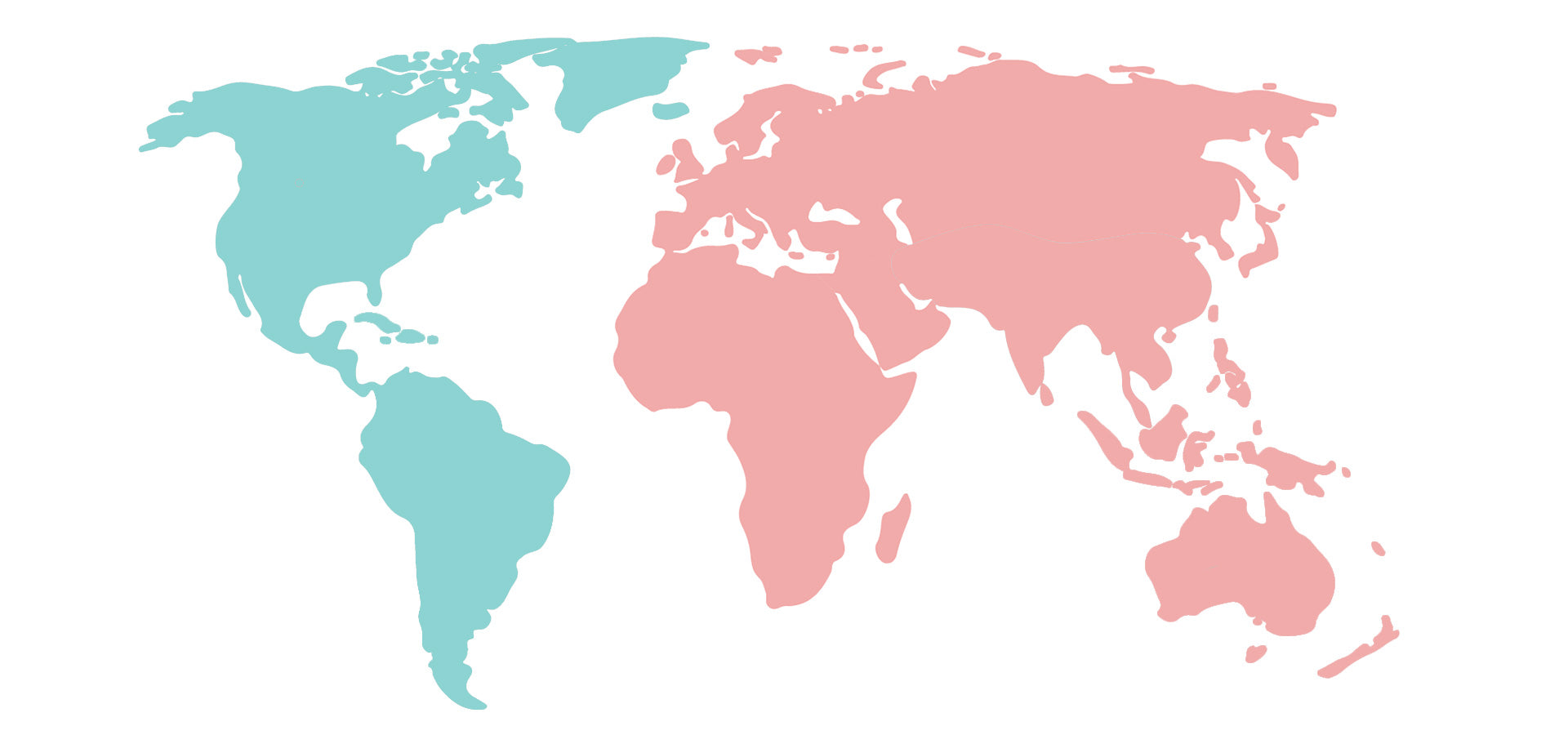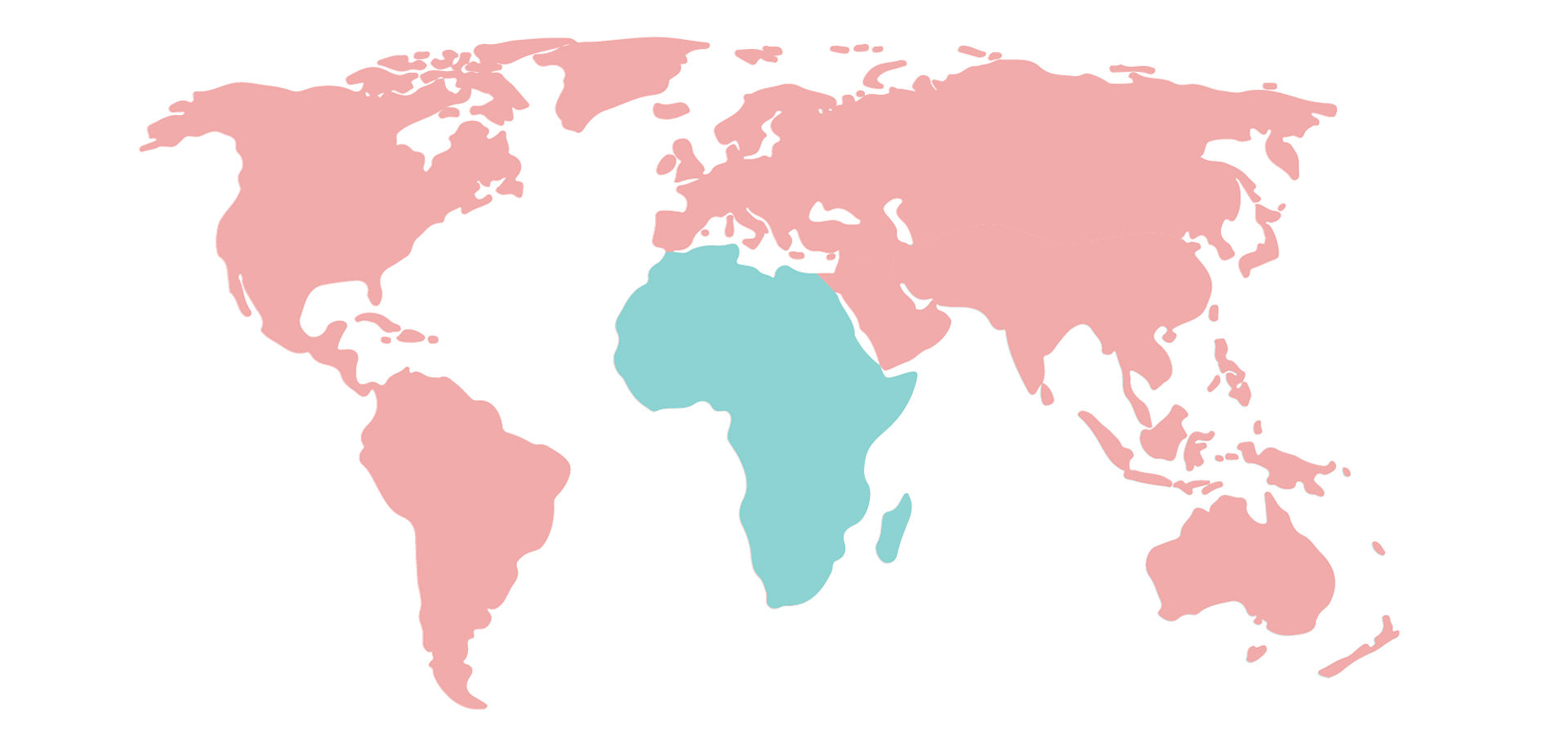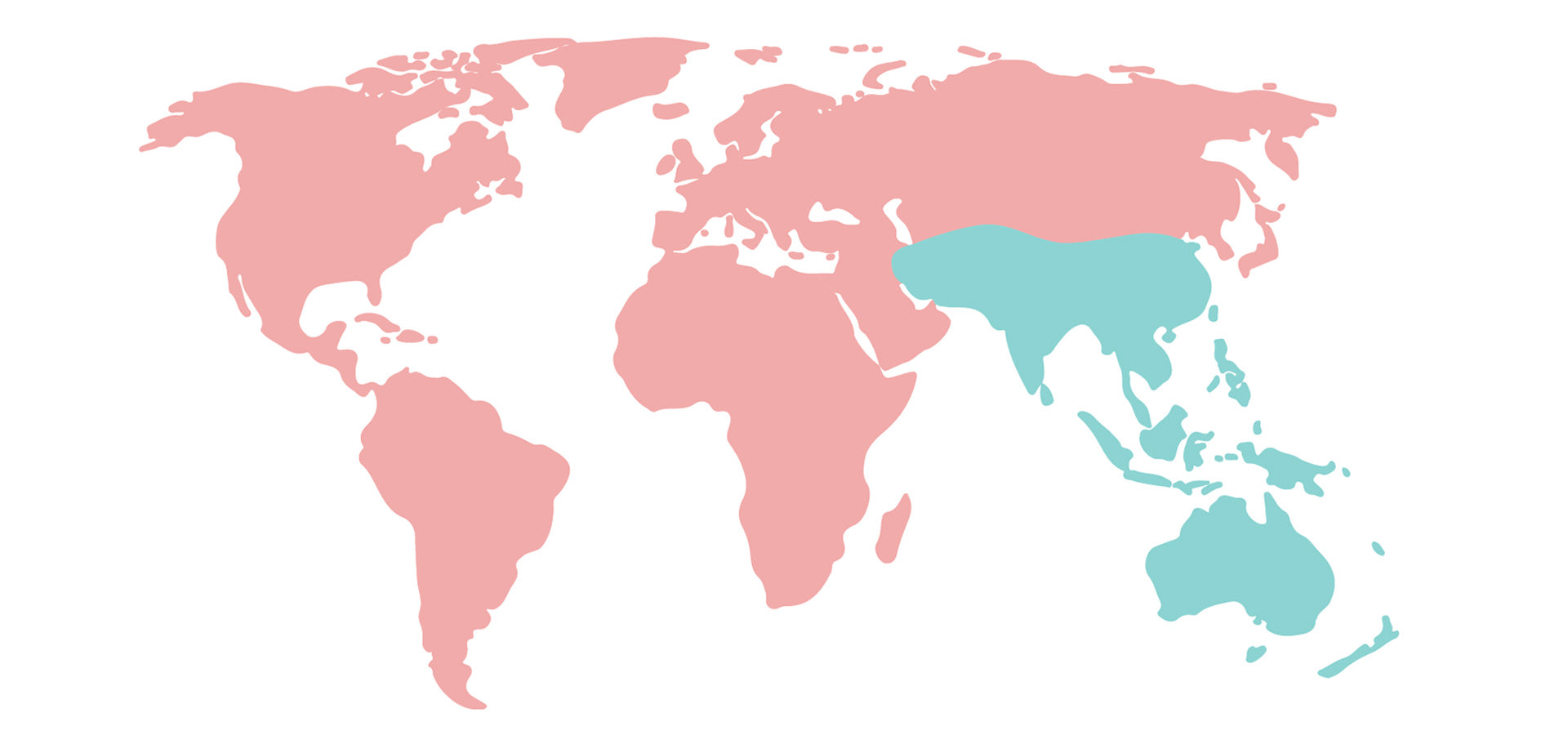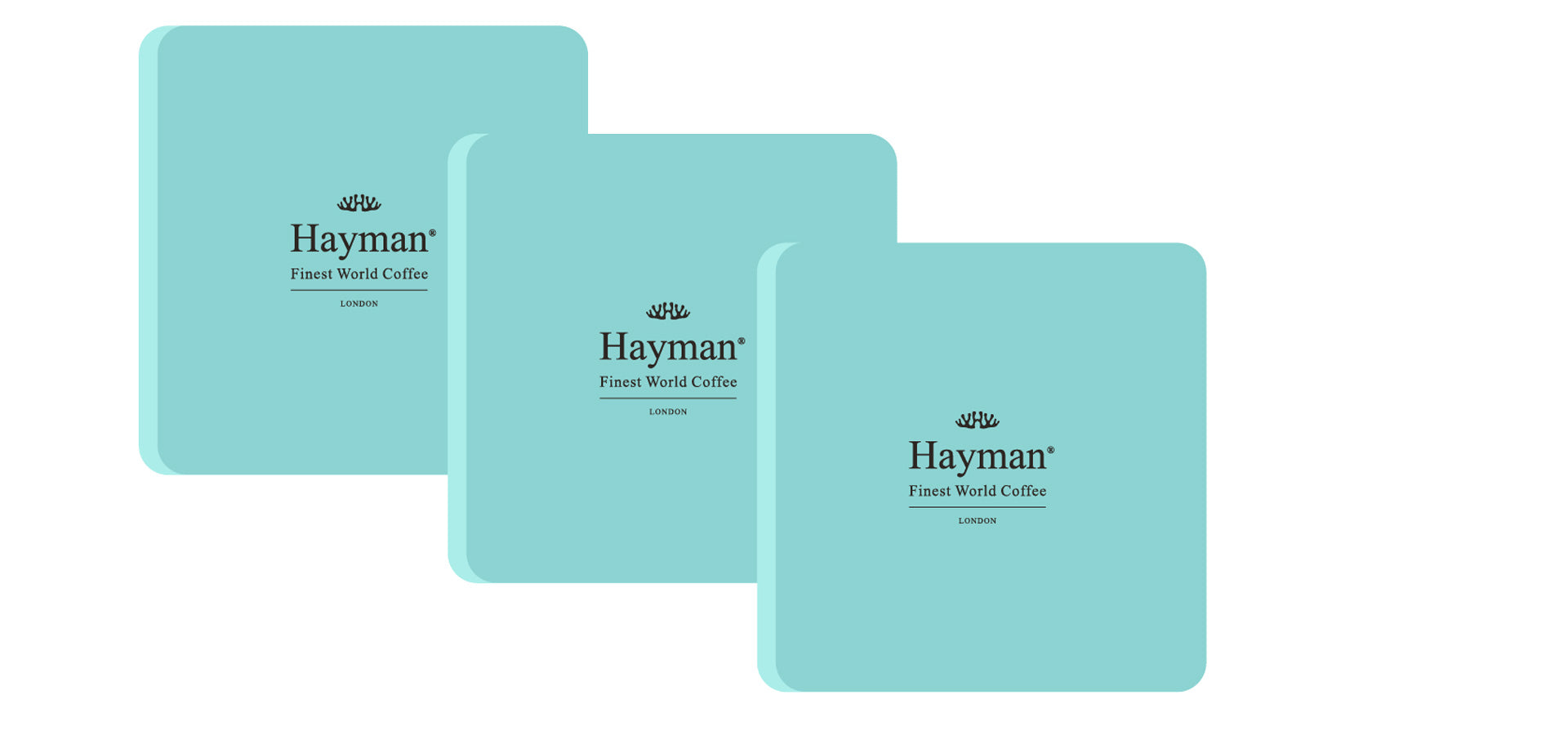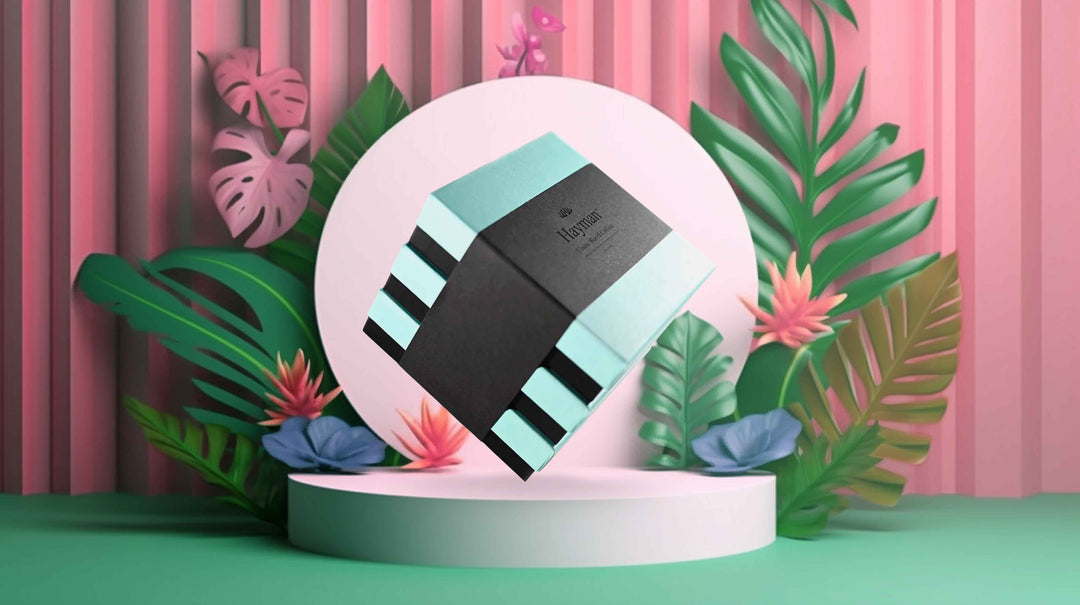Is Decaf Coffee Bad for You? | Decaffeinated

In the vast majority of instances, those who avoid caffeine do so based on beliefs regarding their own personal health. For quite some time, decaffeinated coffee has been something of a healthy and safe alternative to regular coffee. The idea being that when you drink decaf, you don’t have to worry about any of the negative consequences of consuming caffeine.
An interesting point being that on-going scientific research would seem to suggest that caffeine in sensible doses can actually be good for you. From cancer prevention to effective weight management to reduced diabetes risk to a healthier digestive tract, there really are so many good reasons to indulge in coffee on a daily basis. Nevertheless, there will always be those who for a variety of reasons preferred decaf coffee and stick with decaf.
The question being – is decaf coffee bad for you?
Decaffeinated / Decaf Coffee Extraction Processes
It’s an important question, though one that doesn’t have an easy answer. In terms of the benefits of caffeine, you of course deny yourself access to the benefits mentioned above when you remove the caffeine from the equation. But at the same time, some people are advised by their doctors to stick with decaf purely for medical reasons.
In order for coffee to officially qualify as decaffeinated, it needs to have a minimum of 97% of its caffeine removed. Thus leaving no more than 3% behind, typically adding up to a few milligrams at the most. There’s still caffeine in there, but very little.
So it’s safe to say that concerns regarding the health benefits or otherwise of decaf coffee have nothing to do with the caffeine itself. Instead, it’s the way in which some coffee companies and producers continue to use solvents in the caffeine extraction process.
Most quality coffee companies these days use 100% safe and verified methods to extract caffeine, with no harmful substances required. Water is the main component used in the extraction process, though water alone is insufficient to successfully extract 97% of the caffeine.
One surprisingly common caffeine extraction process involves soaking the coffee beans in water, which is treated with a specific solvent and then heated to remove the caffeine. Even if the beans themselves never come into direct contact with the solvent, they may still be contaminated to a certain extent by the solvents used. Some of the earliest solvent-based approaches to decaffeinating coffee used substances that were later discovered to be carcinogenic.
These days, official regulations governing coffee production processes are significantly stricter than in any time in the past. This means that in the vast majority of instances, decaffeinated coffee is produced using predominantly safe production methods. Nevertheless, solvents may still be used to extract caffeine by some producers and manufacturers, so it’s useful to know who you’re buying from and how they get the job done.
Still, there’s no specific evidence to suggest that decaf coffee has the potential to harm human health. At least, not in its current form.
At Hayman’s online coffee store, you will find the world’s best decaf. Contrary to most other decaf coffees, which are decaffeinated using potentially harmful solvents and chemicals, Hayman’s splendid Mexico Chiapas Organic Decaf is decaffeinated through the innovative Mountain Water Process, a 100% chemical-free decaffeination method. Click here to order our incredible Mexico Chiapas Organic Decaf today, we offer free worldwide shipping!
